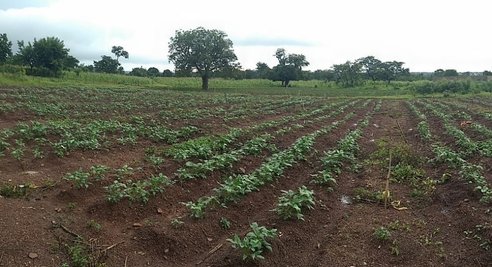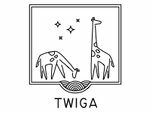GNSS DEPLOYMENT IN UGANDA

Objective 4 of the TWIGA project aims to Improve predictability and assessment of African rainfall by mapping perceptible water vapour and tracking convective storm systems. The main reason behind the poor prediction skills of present rainfall forecasts in Africa is the lack of knowledge of precipitable water vapour (PWV) in the atmosphere. If one does […]
The Makerere component: citizens observations for crops & atmospheric physics.

Makerere University through the Department of Zoology, Entomology, and Fisheries Sciences (ZEFS), College of Natural Sciences, is part of the TWIGA consortium. The two components that Makerere will focus on are: Citizens observations of crops and Atmospheric physics. For the first blog, we will focus on the Citizens observations of crops. Citizens observations of crops The first, led […]
Report on Citizen Scientist Training in Nakasongola District, Kalungi and Lwabwata Sub-counties

Background Work package 4 (Biosphere), one of the 4 main TWIGA work packages implemented at Makerere university focuses on monitoring vegetation in general and crop development in particular, coinciding with the sixth objective to produce accurate maps of land cover, land use, and crop status. However, because African agriculture is characterized by small-scale and mixed […]

